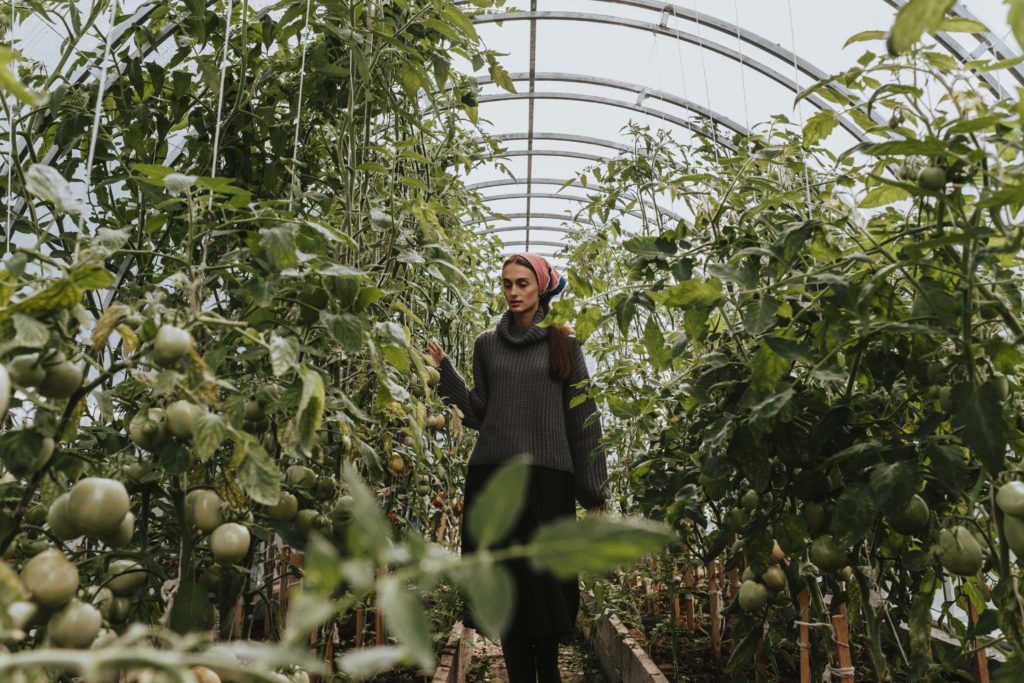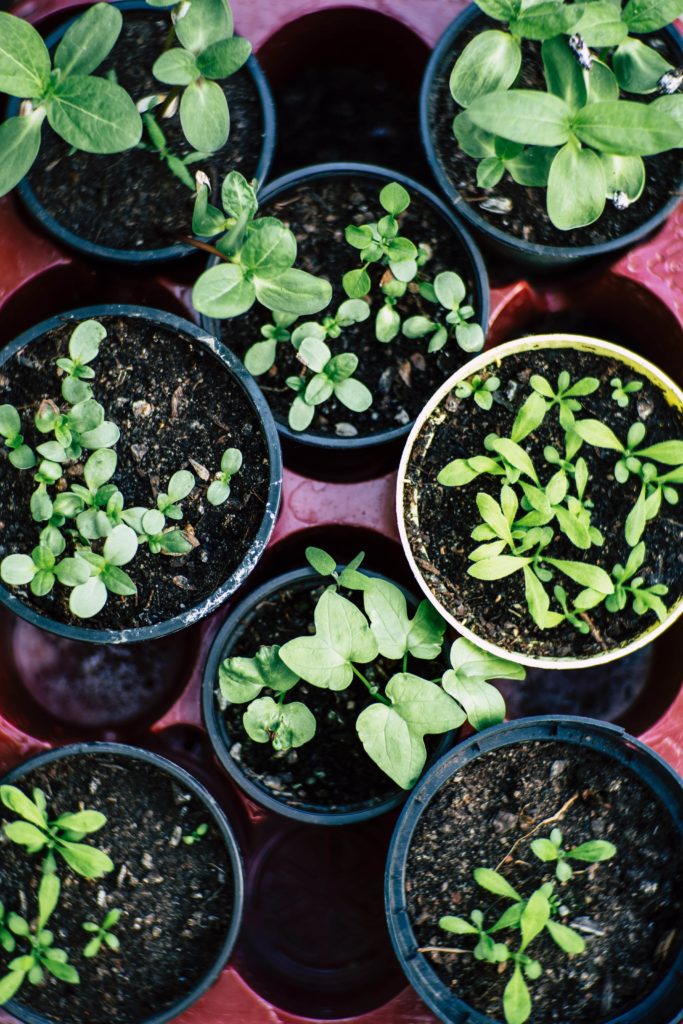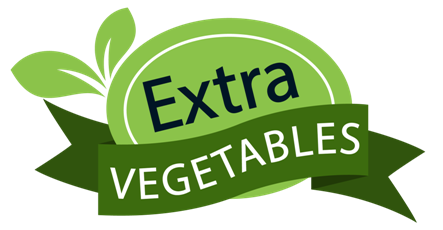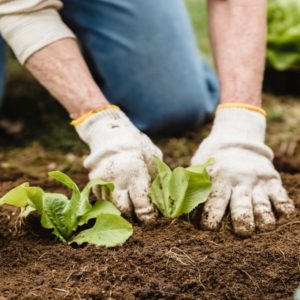The effective use of mulch can make a perfectly healthy garden. The use of mulch helps to conserve moisture, prevent disease and the number of weeds, and maintain the soil and soil temperature so that your garden looks good. If you apply mulch in a perfect amount, your garden will produce more vegetables than the usual unmulched gardens. The main reason is that mulch helps to reduce diseases from the soil. Although there are many good sides to mulch, the effect is not always good. The result completely depends upon the variety of mulch you are using. We will give you some suggestions regarding the types of mulch and their attributes to your garden.

1. The pros and cons of mulch for vegetable gardens;
It is a personal choice to apply mulch and select the category of mulch you want to use for your vegetable garden. It can be cheap vs expensive or clay vs soil and the list goes on. There are some factors that you should consider before applying mulch to your garden.
1.1. Organic Mulch for the vegetable garden;
Organic mulches are made up of plant-based things like leaves, bark, grass clippings, and compost.
1.1.1. Straw or hay as mulch for the vegetable garden;
Straw or hay can give your soil and plant what they need to grow better. This is because it is light and clean so it breaks down easily. You should avoid products that have more weed seeds which may sprout in your garden over a long time. You can check the depth after 6 months if using hay because it composts very quickly. Add 2 or 3 inches so that the moisture of the soil is conserved.
1.1.2. Grass clippings as mulch for the vegetable garden;
You can consider using dry grass to build up a layer and gradually make it a few inches thick. It will help to prevent the soil and plant from excessive heat and foul odors and decomposing like other organic things. It decomposes very quickly which helps to provide a dose of nitrogen to the plants that are growing. Do not use the grass clippings from lawns because they are mostly created with fertilizers and herbicides.
1.1.3. Pine needles as mulch for the vegetable garden;
Pine needles raise acidity levels in the soil and plants. It is a great option to use them as mulch for your vegetable garden. This is the best option during the monsoon as it does get washed away and tends to stay put in. If you have a sloped garden, it is a wise decision to use pine needles as mulch. The difference from other mulch is that it breaks down slowly.
1.1.4. Bark as mulch for the vegetable garden;
Bark or wood chips are the most common organic mulch for vegetable gardens. It helps to decompose through the activity of earthworms and other insects that live and burrow in the soil. The soil is enriched by this process and it helps in plant growth. It breaks down very quickly into the soil and needs to be refilled periodically.

1.1.5. Leaves as mulch for the vegetable garden;
If you put a layer of 2-3 inches of leaves in your garden it will control weeds and decompose very quickly. The most important thing is that leaves are very easily available and found almost everywhere. Try to use shredded and mowed leaves because they will last longer and decompose faster.
1.2 Inorganic mulch for the vegetable garden;
Inorganic mulches are mostly man-made and work well for vegetable gardens.
1.2.1. Black plastic as mulch for the vegetable garden;
Weed management is done well if you put one layer of weed and black plastic on your soil. The plastic will be broken by sunlight and that’s the time when you should replace it. The soil temperature tends to get high and you have to regularly monitor that.
1.2.2. Newspaper as mulch for the vegetable garden;
You can consider using newspapers for good weed control in your vegetable garden. Newspapers will decompose after a year. You have to water them regularly to keep them in place. You have to water them and keep some organic mulch on them for a better result.
Read More: What are the benefits of swede vegetables?

